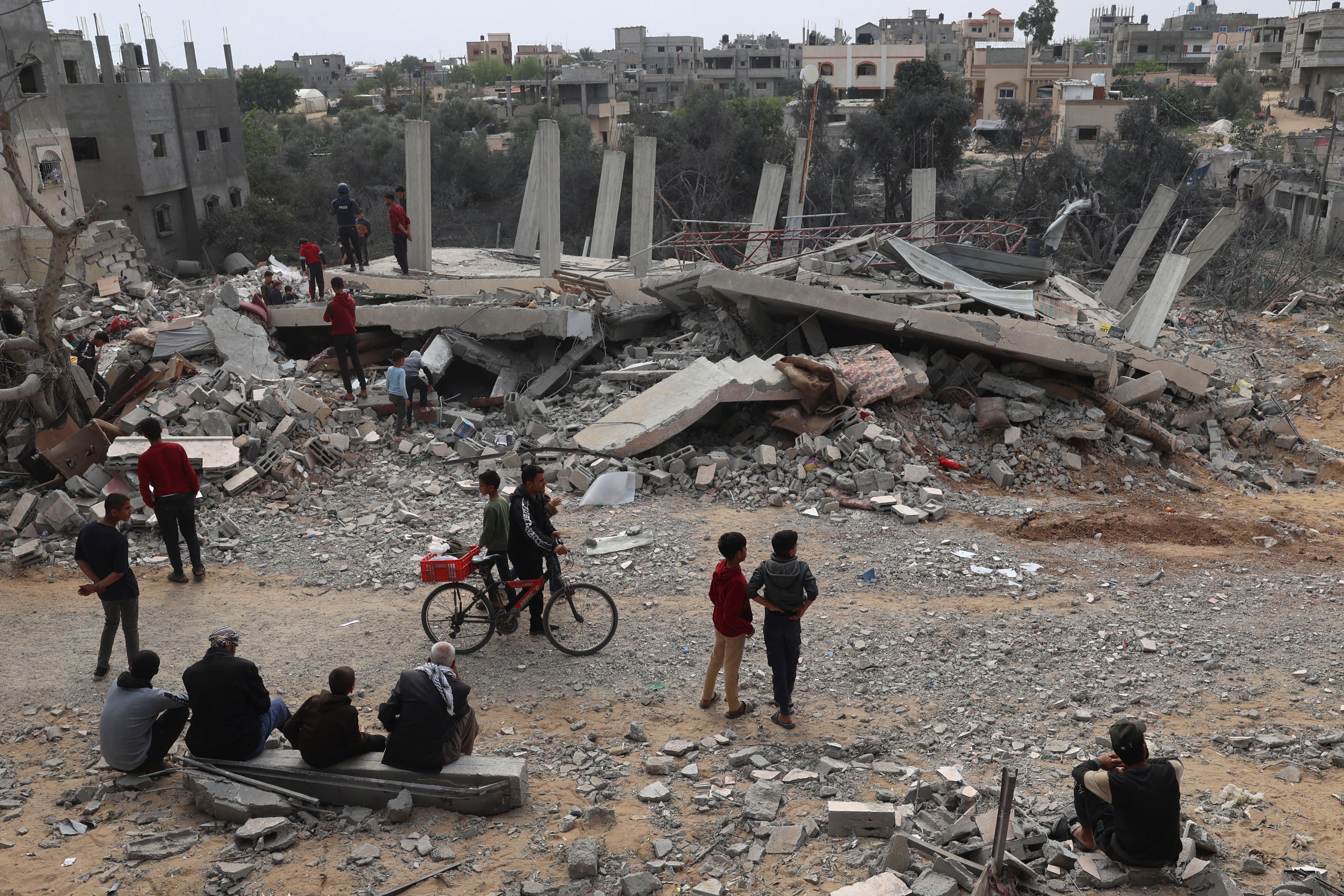
Truce talks between Israel and Hamas are expected to resume in Cairo on Sunday, Egyptian media reported, days after the United Nations Security Council issued its first demand for a ceasefire in the war on Gaza.
The resumption of indirect negotiations, reported by Egypt’s Al Qahera News TV on Saturday, comes as more protests against Israeli Prime Minister Benjamin Netanyahu erupted in Israel’s capital.
Many Israelis feel that Netanyahu is the main obstacle to signing a deal with Hamas and bringing the captives held in Gaza back home, Al Jazeera’s Hamdah Salhut said.
“These people have been calling for a deal to bring back the captives for more than 175 days. They say that the policies of Israel’s government have simply failed,” Salhut said, reporting from a protest in Tel Aviv where thousands, including families of the captives, had gathered.
Demonstrations also took place near Netanyahu’s residence and in other cities across Israel.
Qatar, Egypt and the United States are trying to reach a captive swap deal and a ceasefire in Gaza, as the first pause lasted only a week in late November last year.
An Israeli official told the Reuters news agency that Israel would send a delegation to the Cairo talks on Sunday. A Hamas official however told Reuters the group would wait to hear from Cairo mediators on the outcome of their talks with Israel first.
Al Jazeera’s Salhut said a statement from Netanyahu’s office said he had authorised the Israeli negotiating team to meet with mediators in both Cairo and Doha, and had given them a mandate with which to negotiate.
“Mediators like the United States say they remain optimistic that a deal can be reached. But there are still heavy sticking points from both sides, and huge non-negotiables,” our correspondent said.
Hamas has sought to parlay any deal into an end to the war and the full withdrawal of Israeli forces from Gaza. Israel, however, has ruled this out, saying that even if there is a long pause in the fighting, the war will not end until Hamas is defeated.
“While there are sticking points, mediators say that it is a positive sign that these talks are going to be ongoing,” Salhut said.
‘Immediate and permanent ceasefire’
Elsewhere on Saturday, the French, Egyptian and Jordanian foreign ministers called for an “immediate and permanent ceasefire” in Gaza and the release of all captives held by Palestinian armed groups.
Speaking at a joint news conference in Cairo, France’s top diplomat Stephane Sejourne said his government would put forward a draft resolution at the UN Security Council setting out a “political” settlement of the war.
He said the text would include “all the criteria for a two-state solution” of the Israeli-Palestinian conflict, the peace blueprint long championed by the international community but opposed by the Netanyahu government.
The three ministers renewed their governments’ support for the UN Palestinian refugee agency UNRWA, which has faced a funding crisis since Israel alleged that a few of its 13,000 Gaza staff were implicated in the October 7 attack.
“Israel is not only starving Palestinians, but wants to kill the only entity capable of standing in the way of a famine,” Jordanian Foreign Minister Ayman Safadi said.
Egyptian Foreign Minister Sameh Shoukry said Gaza “can endure no more destruction and humanitarian suffering”, and called on Israel to open its land crossings with the Strip to allow humanitarian aid.
More than 32,000 Palestinians have been killed in Israel’s war on Gaza since October 7. This followed a Hamas attack on southern Israel, in which 1,139 people were killed and over 200 taken captive – some of whom remain in Gaza.
This week, after nearly six months of war, the UN Security Council finally reached a consensus and passed a resolution calling for an immediate ceasefire.
However, the fighting continues, with Israel still launching aerial and ground attacks across the strip and promising to launch a full invasion of the southernmost city of Rafah where more than a million displaced Palestinians are sheltering.







